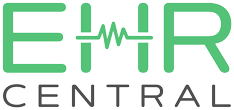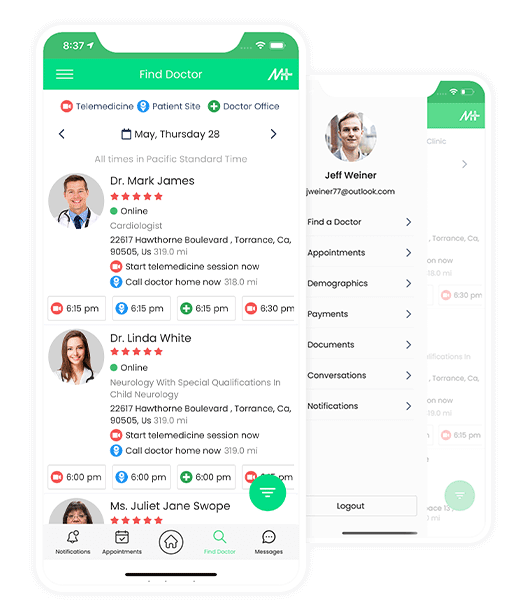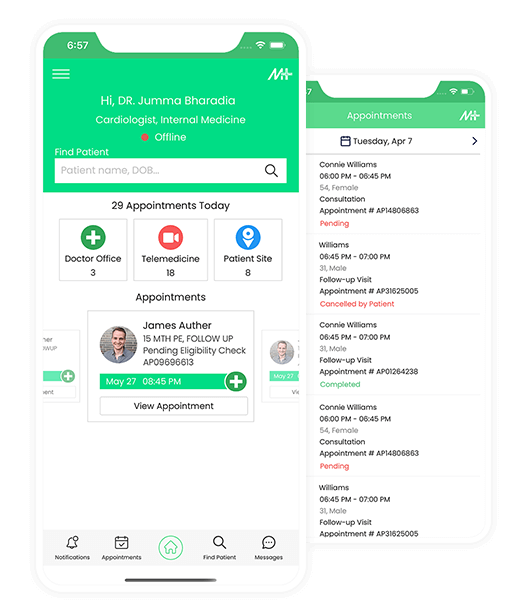
Medical Billing vs. Medical Coding: Revealing the Key Differences
In the complex world of healthcare, there are numerous roles that work behind the scenes to ensure that patients receive proper care and that healthcare providers get compensated for their services. Two of these crucial roles are medical billing and medical coding. While they

both play pivotal roles in the healthcare industry, they serve different functions and require distinct skill sets. In this blog post, we will delve into the key differences between medical billing and medical coding to shed light on their unique contributions to the healthcare ecosystem.
Section 1: Understanding Medical Billing
Medical billing is a critical component of the healthcare revenue cycle management process. It involves the systematic submission of claims to insurance companies or government healthcare programs to receive reimbursement for medical services provided to patients. Here are the key aspects of medical billing:
1.1. Patient Information and Insurance Verification
Before any medical billing process begins, accurate patient information and insurance details must be obtained. This includes verifying the patient’s name, contact information, insurance coverage, and policy numbers. It’s crucial to ensure that the patient’s insurance is active, and that the healthcare provider is in-network.
1.2. Claim Generation
Once the patient’s information is confirmed, the medical biller creates a claim. This claim includes details about the services rendered, such as diagnoses, treatments, and procedures performed. The claim must adhere to specific coding standards (CPT, HCPCS, and ICD-10 codes) to ensure proper reimbursement.
1.3. Submission and Follow-Up
After generating the claim, it is submitted to the relevant insurance company or payer. The medical biller is responsible for tracking the claim’s progress, following up on any denials or rejections, and resubmitting claims with necessary corrections. This process continues until the claim is approved and payment is received.
How EHRCentral enhances your healthcare practice?
Section 2: Unpacking Medical Coding
Medical coding, on the other hand, is the process of translating medical services and procedures into universally recognized alphanumeric codes. These codes are essential for accurately documenting a patient’s medical history, treatments, and diagnoses. Here are the key aspects of medical coding:
2.1. Code Assignment
Medical coders review a patient’s medical records, including notes from healthcare providers, laboratory results, and diagnostic imaging reports. They meticulously assign appropriate codes to each service or procedure. These codes are typically drawn from standardized code sets, such as Current Procedural Terminology (CPT) and International Classification of Diseases (ICD) codes.
2.2. Accuracy and Detail
Accuracy is paramount in medical coding. Coders must ensure that each code accurately represents the patient’s condition and the services provided. Precision is crucial not only for patient care but also for reimbursement and statistical purposes.
2.3. Data Privacy and Compliance
Medical coders must adhere to strict patient data privacy regulations, such as the Health Insurance Portability and Accountability Act (HIPAA). They are responsible for maintaining the confidentiality and security of medical records and ensuring compliance with coding guidelines.
Section 3: The Crucial Interplay Between Billing and Coding
While medical billing and coding are distinct functions, they are interconnected and interdependent. The accuracy of medical coding directly influences the success of medical billing. Here’s how these two functions work together:
3.1. Reimbursement Accuracy
Accurate coding ensures that healthcare providers receive appropriate reimbursement for their services. Incorrect or incomplete coding can lead to claim denials or underpayments.
3.2. Audit Preparedness
Properly coded medical records are essential in case of audits by insurance companies or government agencies. Medical coders play a crucial role in ensuring that records are audit ready.
3.3. Efficient Revenue Cycle Management
Efficient collaboration between medical coders and billers streamlines the revenue cycle management process. This leads to quicker reimbursements and improved cash flow for healthcare providers.
Section 4: Educational Requirements and Career Paths
To excel in either medical billing or coding, individuals need specific training and education. Here’s a brief overview of the educational requirements and potential career paths for each role:
4.1. Medical Billing
Medical billers typically require a certificate or associate degree in medical billing and coding. They may work in various healthcare settings, including hospitals, clinics, and insurance companies. Career paths in medical billing can lead to roles such as medical billing specialist or healthcare revenue cycle manager.
4.2. Medical Coding
Medical coders typically need a specialized education in medical coding, which can include certification programs or degrees. Coders may work in healthcare facilities, insurance companies, or as independent contractors. Career progression in medical coding can lead to roles such as certified professional coder (CPC) or coding supervisor.
Conclusion
In the intricate world of healthcare, medical billing and medical coding are indispensable functions that ensure the financial health of healthcare providers and the accuracy of patient records. While they have distinct roles and responsibilities, they are interconnected in their pursuit of excellence. Understanding the key differences between medical billing and medical coding is vital for anyone considering a career in healthcare administration or looking to optimize revenue cycle management in a healthcare setting.
As we’ve explored in this blog post, medical billing focuses on claims submission and reimbursement, while medical coding is all about accurately translating medical services into codes for documentation and billing purposes. The synergy between these two functions is crucial for the efficient operation of healthcare organizations and the delivery of quality patient care.
The post Difference between Medical Billing vs. Medical Coding appeared first on mHospital.


